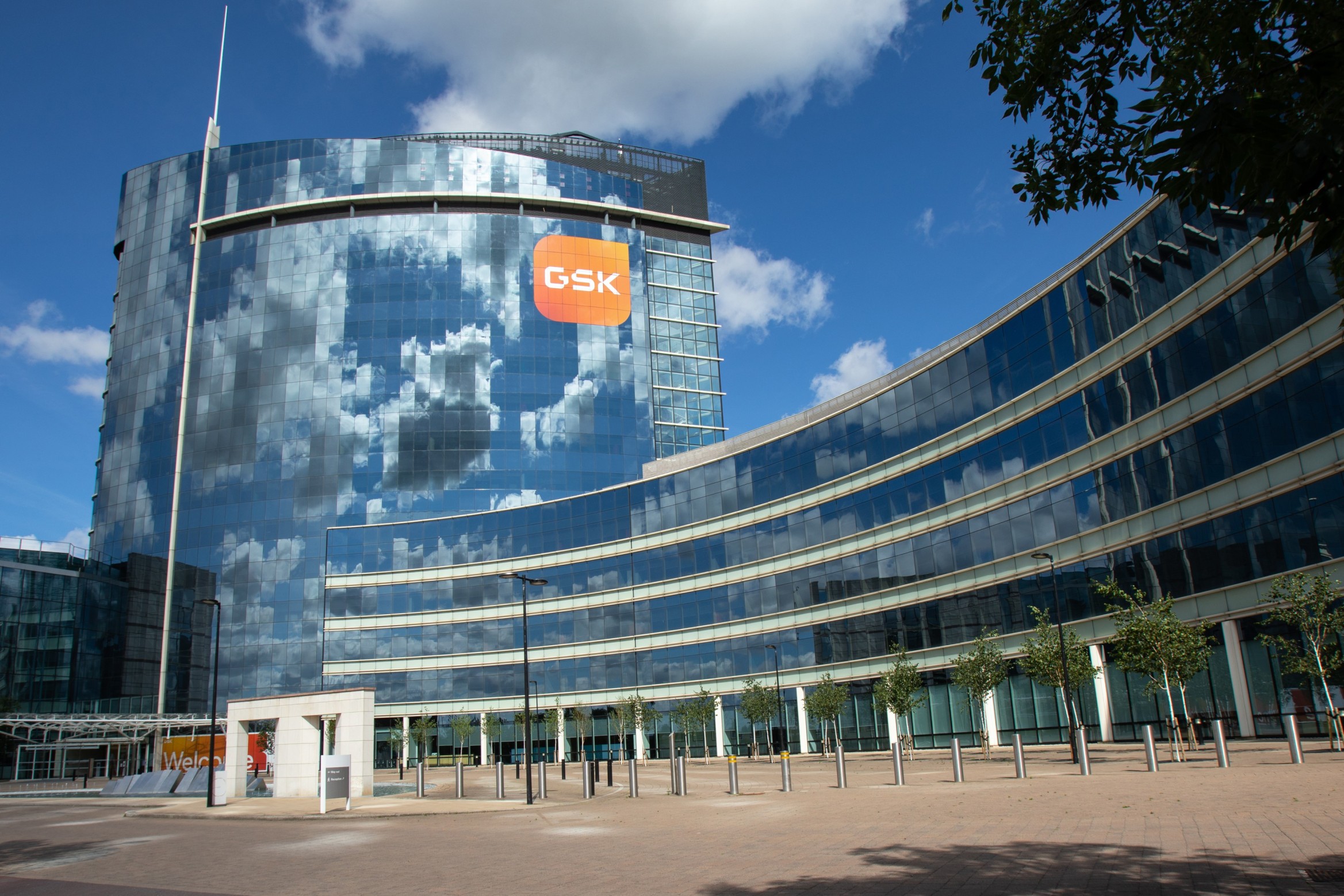Japan Reviews GSK's Blenrep Combo for Multiple Myeloma, Granting Priority as Orphan Drug
Japan's health ministry accepts GSK's Blenrep for review, marking a key step in multiple myeloma treatment.
Breaking News
Sep 20, 2024
Mrudula Kulkarni

Global pharmaceutical company GSK has announced that Japan’s
Ministry of Health, Labour, and Welfare (MHLW) has accepted a new drug
application (NDA) for Blenrep (belantamab mafodotin), marking a significant
step toward addressing the pressing medical needs of patients with relapsed or
refractory multiple myeloma. The NDA submission seeks approval for Blenrep in
combination with bortezomib plus dexamethasone (BorDex) or pomalidomide plus
dexamethasone (PomDex). This breakthrough therapy has also received orphan drug
designation, highlighting its potential in treating a disease where current
options are increasingly limited.
The decision by Japan’s health ministry underscores the
growing health concern posed by multiple myeloma in the country, with rising
diagnoses over the past five decades. More than 7,200 new cases are reported in
Japan each year, creating an urgent need for innovative treatments that offer
hope to patients whose disease has become resistant to standard therapies.
Global Regulatory Momentum
This announcement marks the third major regulatory milestone
for Blenrep combination therapies in 2024. The European Medicines Agency (EMA)
accepted the drug for review in July, followed by the UK’s Medicines and
Healthcare products Regulatory Agency (MHRA) earlier this month. Each
regulatory submission has been bolstered by encouraging interim data from two
critical phase III clinical trials: DREAMM-7 and DREAMM-8.
Hesham Abdullah, GSK’s Senior Vice President and Global Head
of Oncology, emphasized the significance of these trials: "Blenrep
combinations show potential to redefine the treatment of relapsed/refractory
multiple myeloma. We are working closely with health authorities worldwide to
bring these innovative treatments to patients as swiftly as possible."
Promising Trial Results
The DREAMM-7 and DREAMM-8 trials, which evaluated Blenrep in
combination with BorDex and PomDex respectively, have yielded promising
results. Both trials met their primary endpoints, demonstrating statistically
significant improvements in progression-free survival (PFS) compared to
standard of care. DREAMM-7 pitted Blenrep plus BorDex against daratumumab plus
BorDex, while DREAMM-8 compared Blenrep plus PomDex to bortezomib plus PomDex.
Though overall survival (OS) benefits have yet to reach statistical significance,
ongoing follow-up suggests a positive trend.
Secondary endpoints across both trials have also shown
deeper and more durable responses, suggesting Blenrep’s potential to outperform
current treatment regimens. In terms of safety, the trials revealed that the
combination therapies maintain tolerable safety profiles, consistent with the
individual agents' known side effects.
Addressing Japan’s Growing Health Challenge
The need for new treatment options in Japan is particularly
pressing given the rising number of multiple myeloma cases. As more patients
become resistant to existing therapies, GSK’s Blenrep offers a promising new
approach to managing relapsed or refractory disease.
A Closer Look at DREAMM-7 and DREAMM-8
DREAMM-7 included 494 participants from multiple centers,
including Japan, who were randomized to receive either Blenrep plus BorDex or
daratumumab plus BorDex. The trial’s primary endpoint was PFS, with key
secondary measures like overall survival, duration of response (DOR), and
minimal residual disease (MRD) negativity. Results from this trial were first
unveiled at the American Society of Clinical Oncology (ASCO) Plenary Series in
February 2024 and subsequently published in the New England Journal of Medicine.
DREAMM-8, featuring 302 participants, focused on more
heavily pre-treated patients. All participants had been exposed to
lenalidomide, a significant proportion were lenalidomide-refractory, and many
had previous experience with daratumumab. Despite this challenging patient
profile, Blenrep plus PomDex showed strong efficacy and tolerability, mirroring
the results of DREAMM-7.
GSK’s latest success with Blenrep in Japan signals growing
momentum for this innovative treatment as it continues to navigate global
regulatory pathways. With significant unmet needs in multiple myeloma,
particularly in countries like Japan, the acceptance of the NDA and orphan drug
designation sets the stage for faster patient access to potentially life-saving
therapies.
The expansion of the DREAMM trials to include Japanese
patients ensures that the drug’s performance in local populations will be
closely examined, with results expected to be presented at upcoming scientific
forums.
